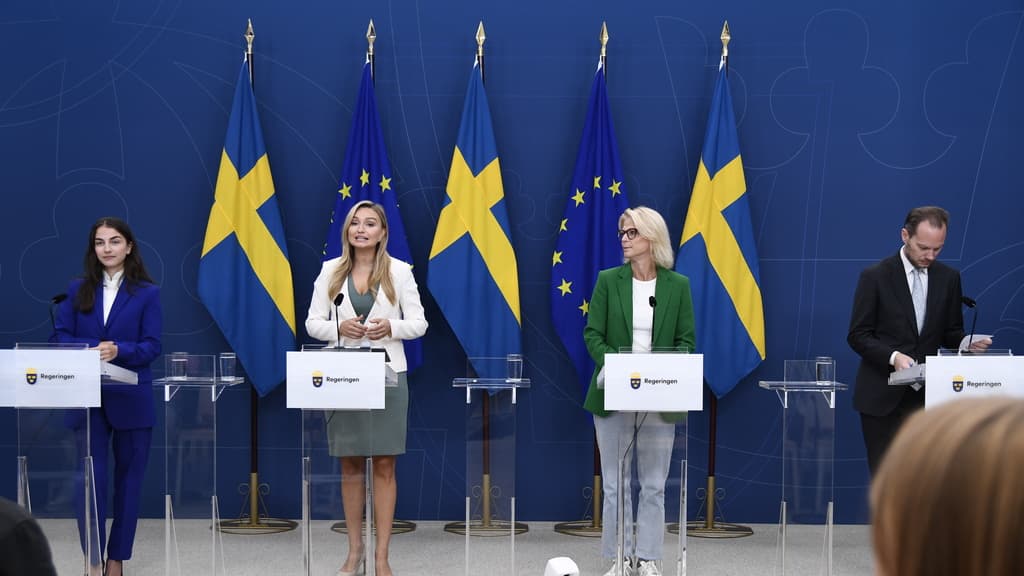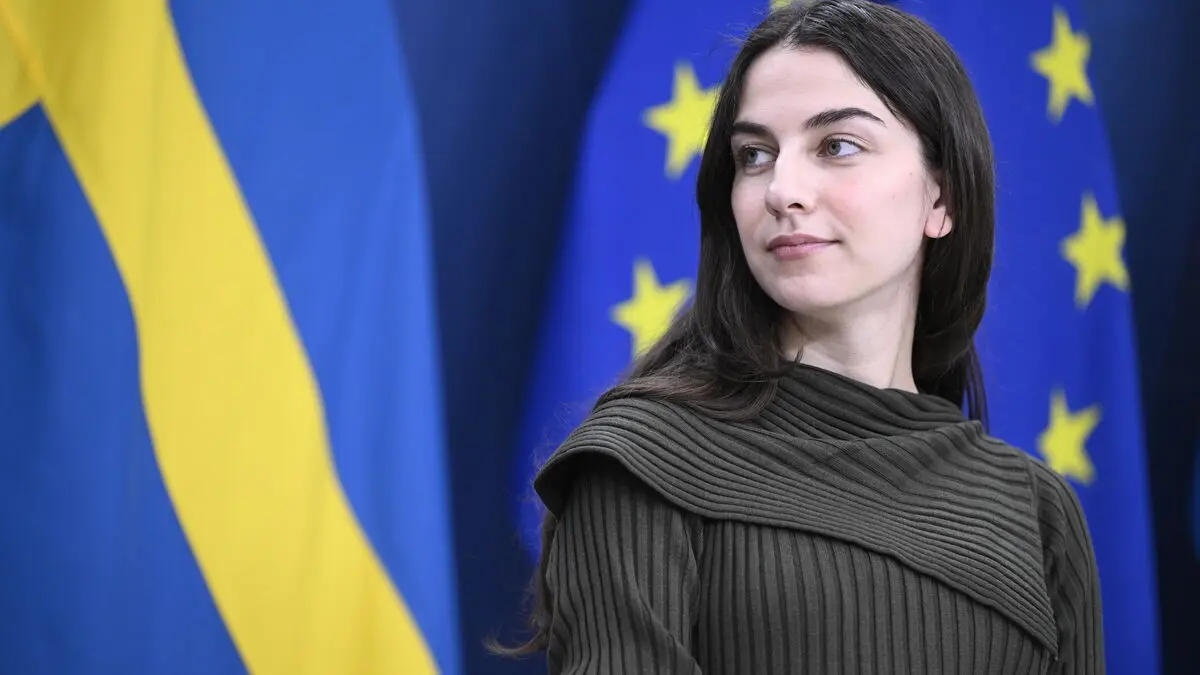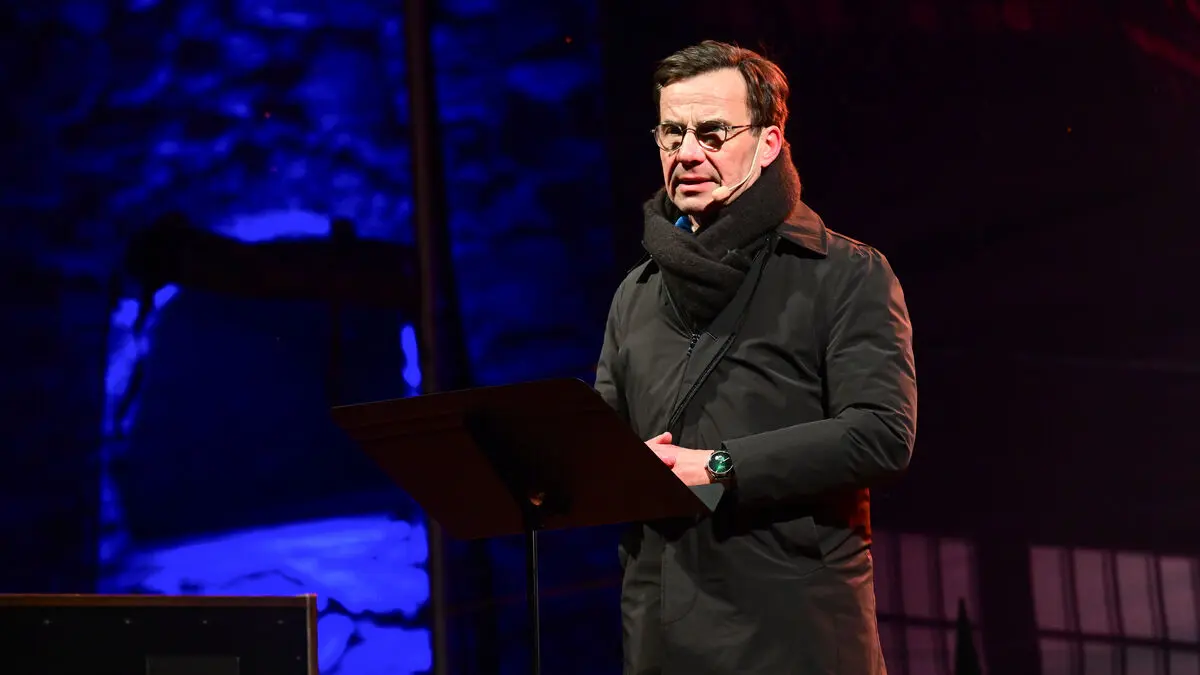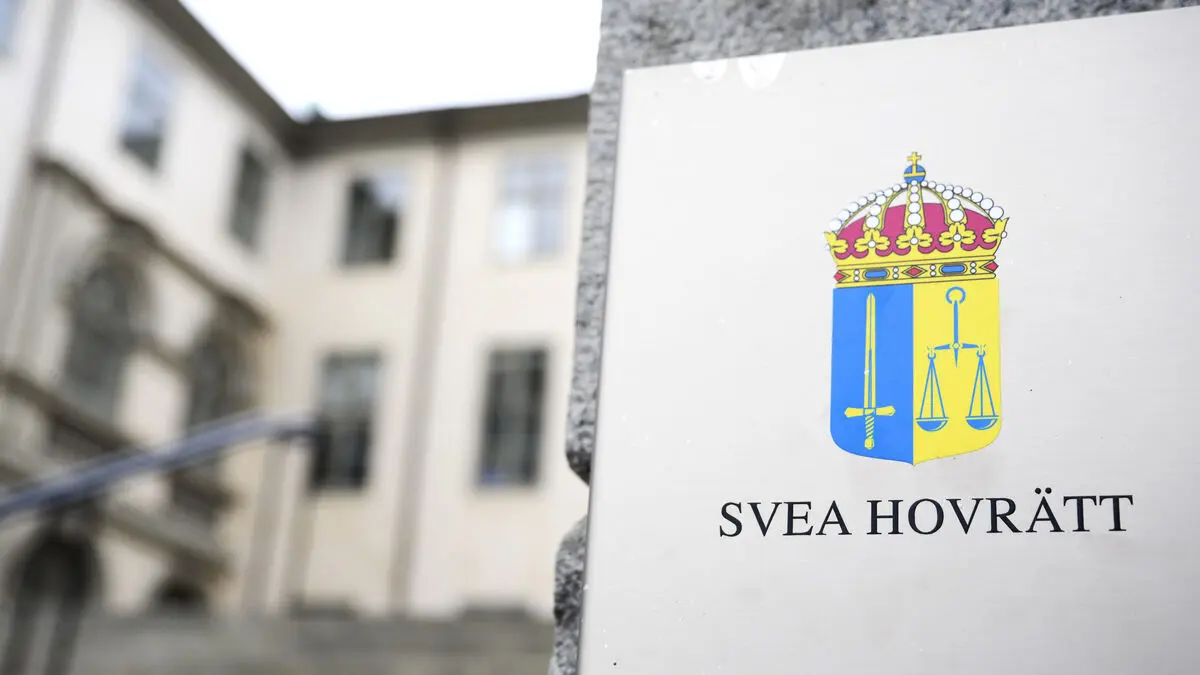The information about the increased reduction obligation was leaked on Monday evening, and on Tuesday, the government called a press conference.
We are reducing the tax on fuel and slightly increasing the requirement for blending biofuels, says Ebba Busch at the press conference.
The reduction of the reduction obligation was one of the most important election promises of the Tidö parties. On January 1 this year, the reduction obligation was reduced to 6 percent for both diesel and gasoline for the period 2024-2026.
Now the government is suddenly changing its stance and proposing in the autumn budget to increase the reduction obligation to 10 percent next year.
Diesel Tax Increase
This is expected to significantly reduce emissions in the short term, with a reduction of over 2 million tons by 2030, says Climate and Environment Minister Romina Pourmokhtari (L).
This can be compared to the original reduction of the reduction obligation, which was estimated to result in increased carbon dioxide emissions of four million tons per year.
I am very pleased that the government is now presenting a golden solution, where the blending of biofuels can increase without the price at the pump increasing, says Pourmokhtari.
Regarding fuel taxes, the price of gasoline will be reduced by 75 öre next year, while the diesel tax will be set at the EU's minimum level. For diesel, this means a de facto increase at the turn of the year.
It will be around 10 öre that the tax will be increased, then it will be reduced on July 1, as the EU's minimum level is expected to be lower, says Martin Kinnunen (SD).
The tax cuts are estimated to cost the state around 3.7 billion kronor next year, according to Finance Minister Elisabeth Svantesson (M). But that's only the cost for half a year, the full-year effect is estimated to be 5.5 billion kronor.
Electricity to be Included
The government emphasizes that this is a new type of reduction obligation being launched. Fuel suppliers will now be able to include electricity from public charging stations in their emission reductions.
If I have a public charging station, I can count the electricity I charge my customers' cars with in the reduction obligation. If more electricity is used from the charging station, the requirements for blending biofuels will be lower, says Ebba Busch.
When the government reduced the reduction obligation, it was met with criticism because Sweden risked missing both EU and national climate targets.
The reduction obligation means that gasoline companies must blend in a certain amount of biofuel to reduce transport emissions.
Before the turn of the year, the reduction obligation was 7.8 percent for gasoline and 30.5 percent for diesel.






